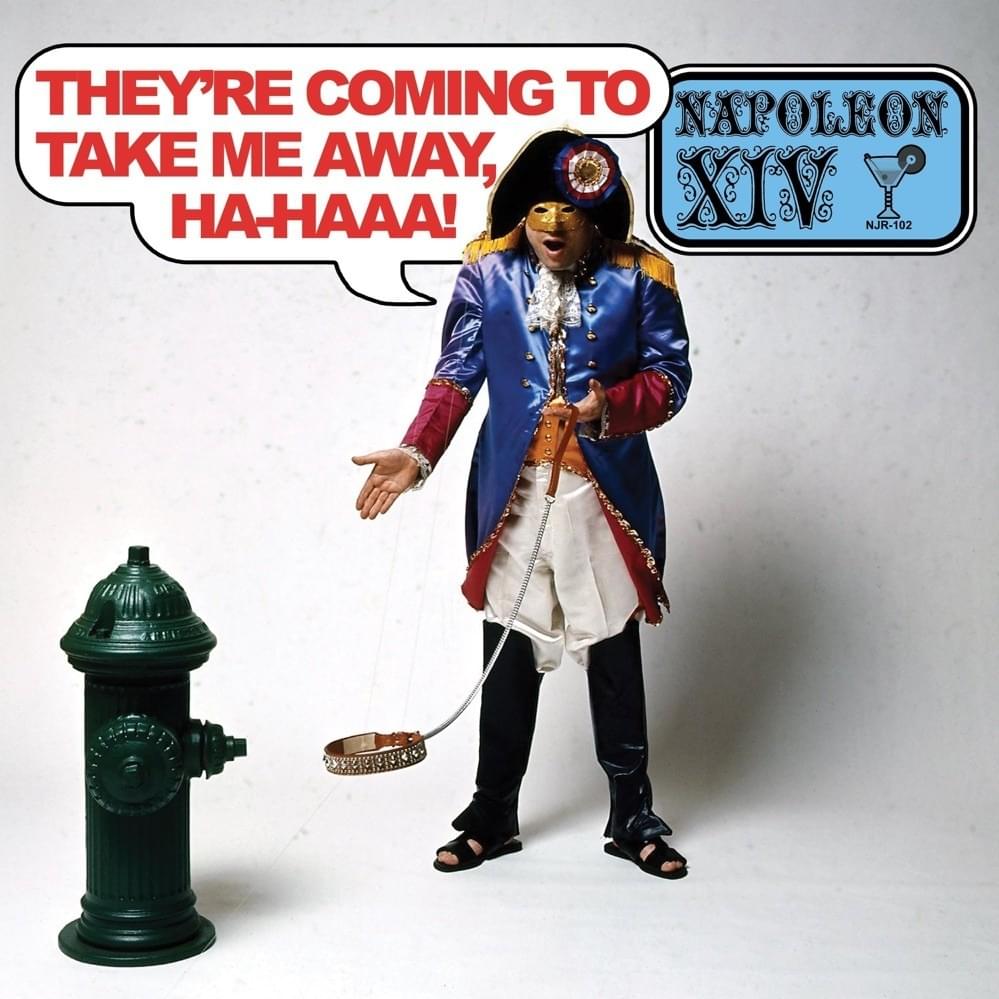Theyre Coming To Take Me Away

In the vast and diverse landscape of music, there exists a curious phenomenon—an anthem that transcends conventional boundaries and lodges itself firmly in the realm of the surreal. “They’re Coming to Take Me Away, Ha-Haaa!” is a song that defies categorization, a whimsical yet eerie composition that has puzzled and fascinated listeners for generations.
Penned and performed by Napoleon XIV, the pseudonym of songwriter and recording artist Jerry Samuels, “They’re Coming to Take Me Away” made its debut in 1966. Its unconventional structure, coupled with its macabre lyrical content, immediately set it apart from the musical milieu of its time. At its core, the song chronicles the descent into madness of its protagonist, accompanied by a cacophony of frenetic instrumentation and Samuels’ maniacal vocals.
The lyrics, delivered with gleeful abandon, paint a picture of paranoia and delusion. Lines such as “They’re coming to take me away, ha-haaa! / They’re coming to take me away, ho-ho, hee-hee, ha-haaa!” are both absurd and unsettling, hinting at a narrative that blurs the lines between comedy and horror. The incessant repetition of the titular refrain only serves to amplify the sense of impending doom that pervades the song.
Table of Contents
TogglePersecution
But what lies beneath the surface of this seemingly nonsensical composition? Some listeners have interpreted “They’re Coming to Take Me Away” as a commentary on the fragility of sanity and the ever-present threat of societal ostracization. In an era marked by increasing awareness of mental health issues, the song’s themes of isolation and persecution resonate with a newfound poignancy.
Moreover, the music itself adds another layer of complexity to the song’s enigmatic appeal. With its unconventional time signature and dissonant chord progressions, “They’re Coming to Take Me Away” defies traditional musical conventions, blurring the line between melody and discordance. It’s a sonic journey that mirrors the tumultuous inner landscape of its protagonist, lurching unpredictably from whimsy to despair.
Despite—or perhaps because of—its unconventional nature, “They’re Coming to Take Me Away” has endured as a cult classic, inspiring countless covers, remixes, and tributes. Its influence can be felt across a diverse array of genres, from avant-garde experimentalism to mainstream pop culture. In an age where conformity often reigns supreme, the song stands as a defiant testament to the power of artistic eccentricity.
Conclusion
As we continue to unpack the mysteries of “They’re Coming to Take Me Away,” one thing remains clear: its enduring appeal lies in its ability to elude easy categorization. Like a riddle wrapped in a conundrum, it invites interpretation while steadfastly refusing to yield its secrets. And perhaps, in that refusal, lies the true essence of its brilliance—a reminder that the most compelling art is often found in the unlikeliest of places.





